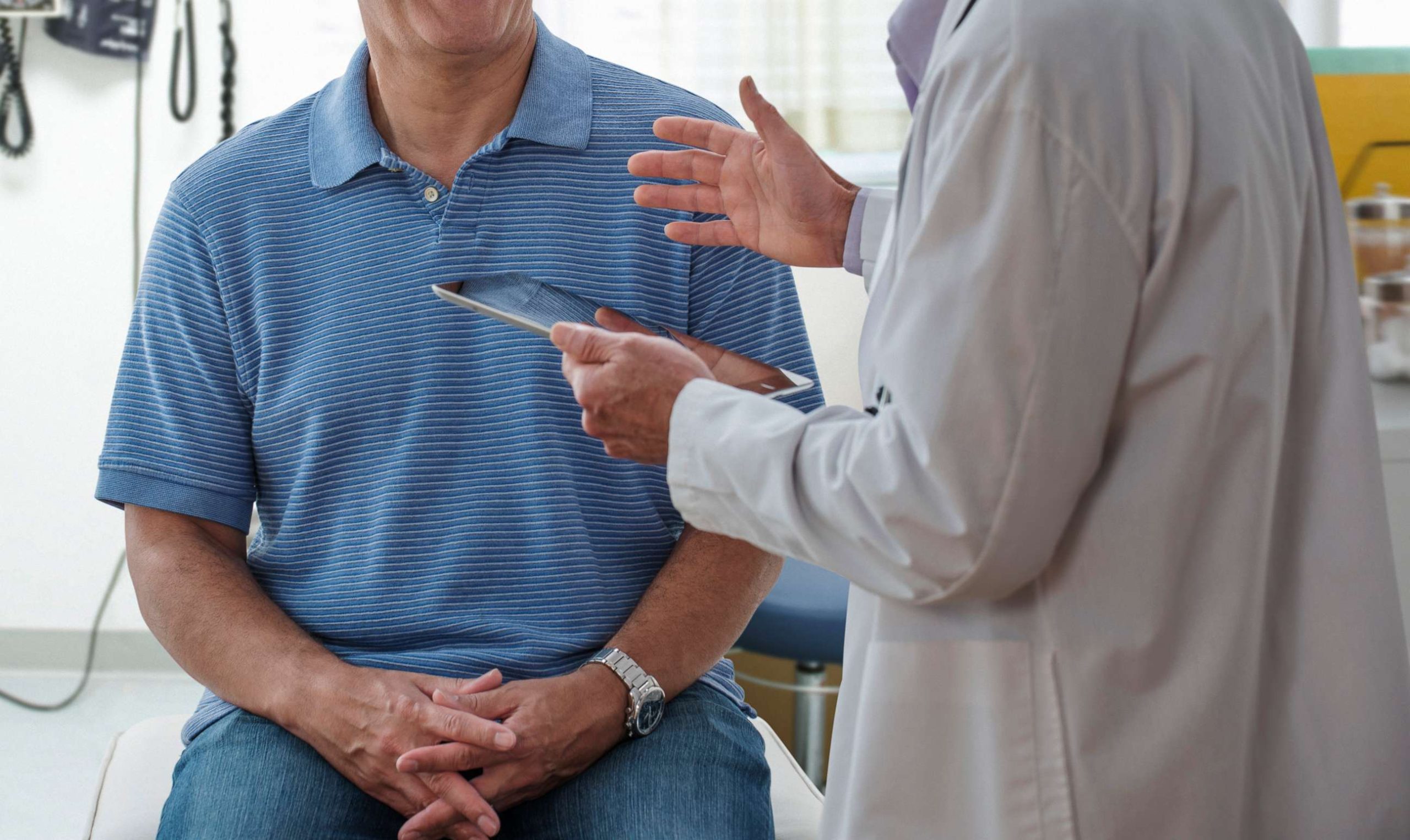American men are facing significant challenges in keeping up with routine cancer screenings, which are crucial for early detection and effective treatment, according to a recent survey by the Prevent Cancer Foundation.
The survey reveals that a substantial majority—65%—of men are behind on at least one recommended cancer screening. Additionally, nearly 1 in 5 men admit to not scheduling their own healthcare appointments, highlighting a concerning trend in preventive care among men.
Jody Hoyos, CEO of the Prevent Cancer Foundation, emphasizes the profound implications of these findings. She underscores the importance of advocating for one’s health and discussing necessary screenings with healthcare providers.

Hoyos stresses that promoting a culture of self-care among men can lead to reduced health disparities and improved health outcomes, echoing sentiments shared in the foundation’s public statements.
The survey identifies several common cancers where screening can make a critical difference: colon, skin (including melanoma), oral, prostate, lung, and testicular cancers. Men are encouraged to engage proactively with their healthcare providers to explore available screening options tailored to their individual risk profiles.
Among men aged 45 and older, awareness of at-home screening options for colon cancer is shown to increase the likelihood of getting screened. Similarly, improvements in the speed and convenience of screening tests could motivate a significant portion of men who are not up-to-date with their screenings to prioritize their health.
The Prevent Cancer Foundation outlines specific guidelines for average-risk men concerning various cancer screenings. For instance, screening for colon cancer typically begins at age 45, while men at risk due to family history may need earlier or more frequent screenings.
The guidelines stress regular dental visits for oral cancer screenings, discussions with healthcare providers about prostate cancer starting at age 50 (or earlier for high-risk groups), and self-exams for skin and testicular cancers from early adulthood onward.
The survey findings underscore a critical need for increased awareness, advocacy, and proactive healthcare engagement among American men regarding cancer screenings. By addressing these gaps, individuals can potentially detect cancers at earlier, more treatable stages, thereby improving overall health outcomes and reducing the burden of cancer in the population.
